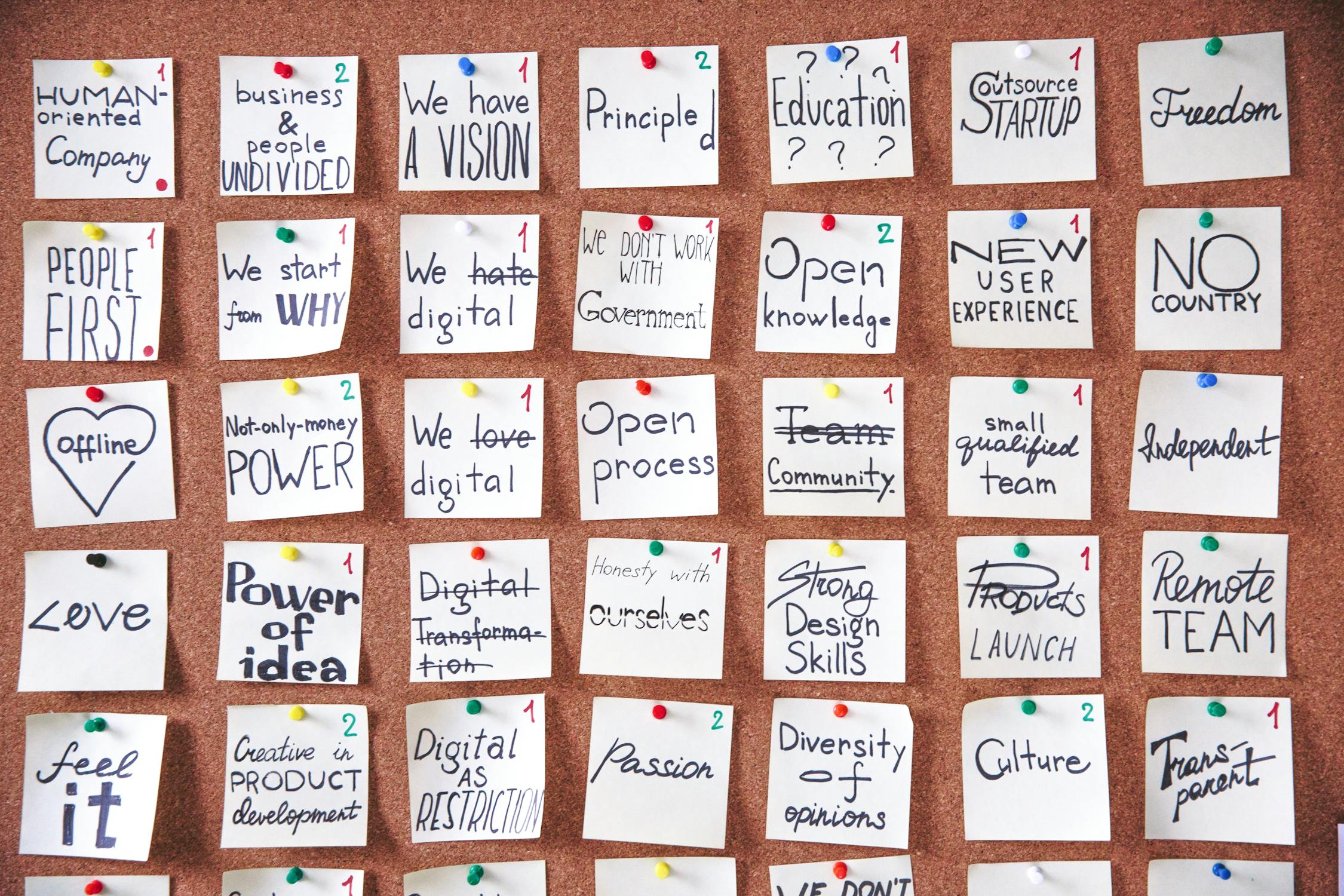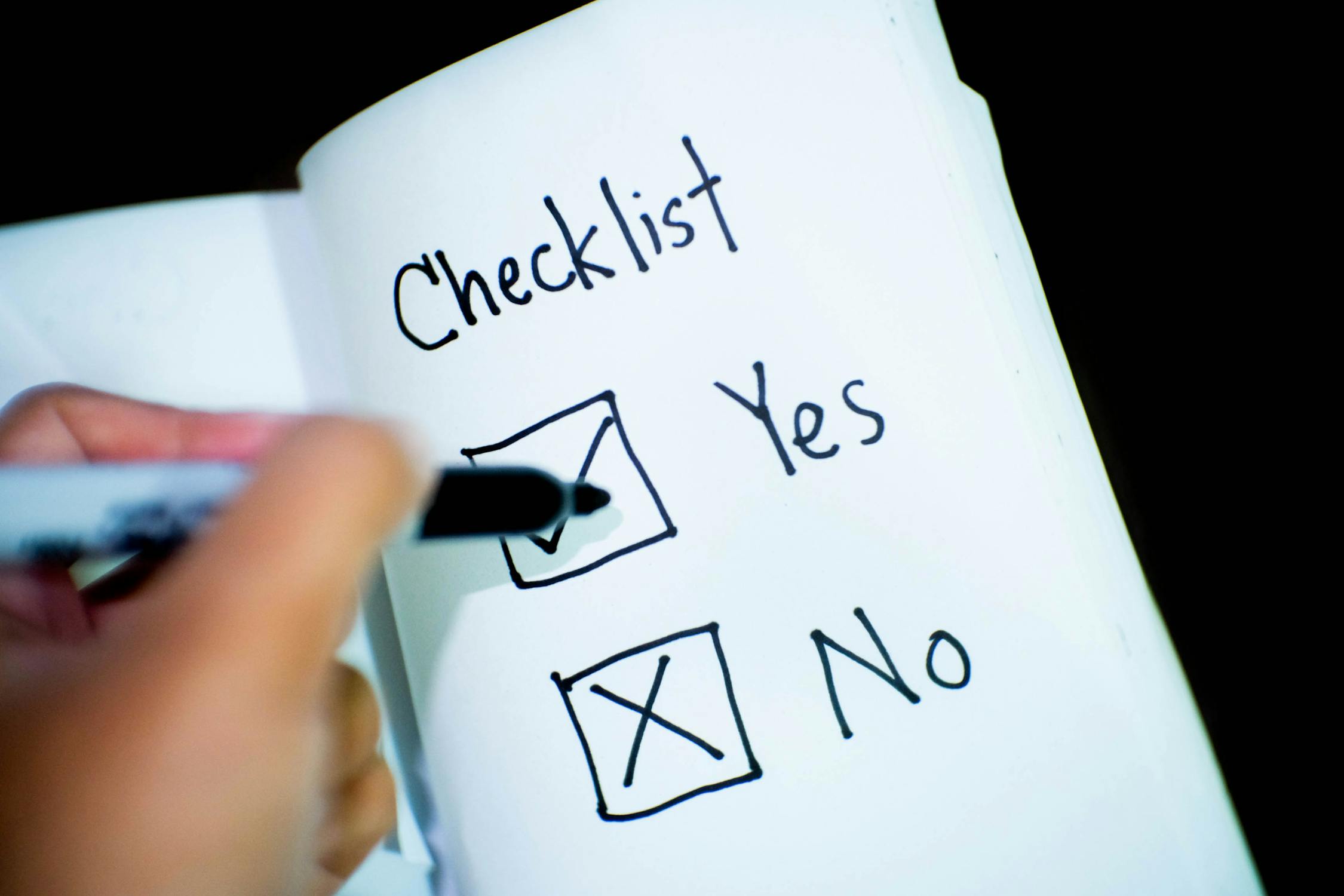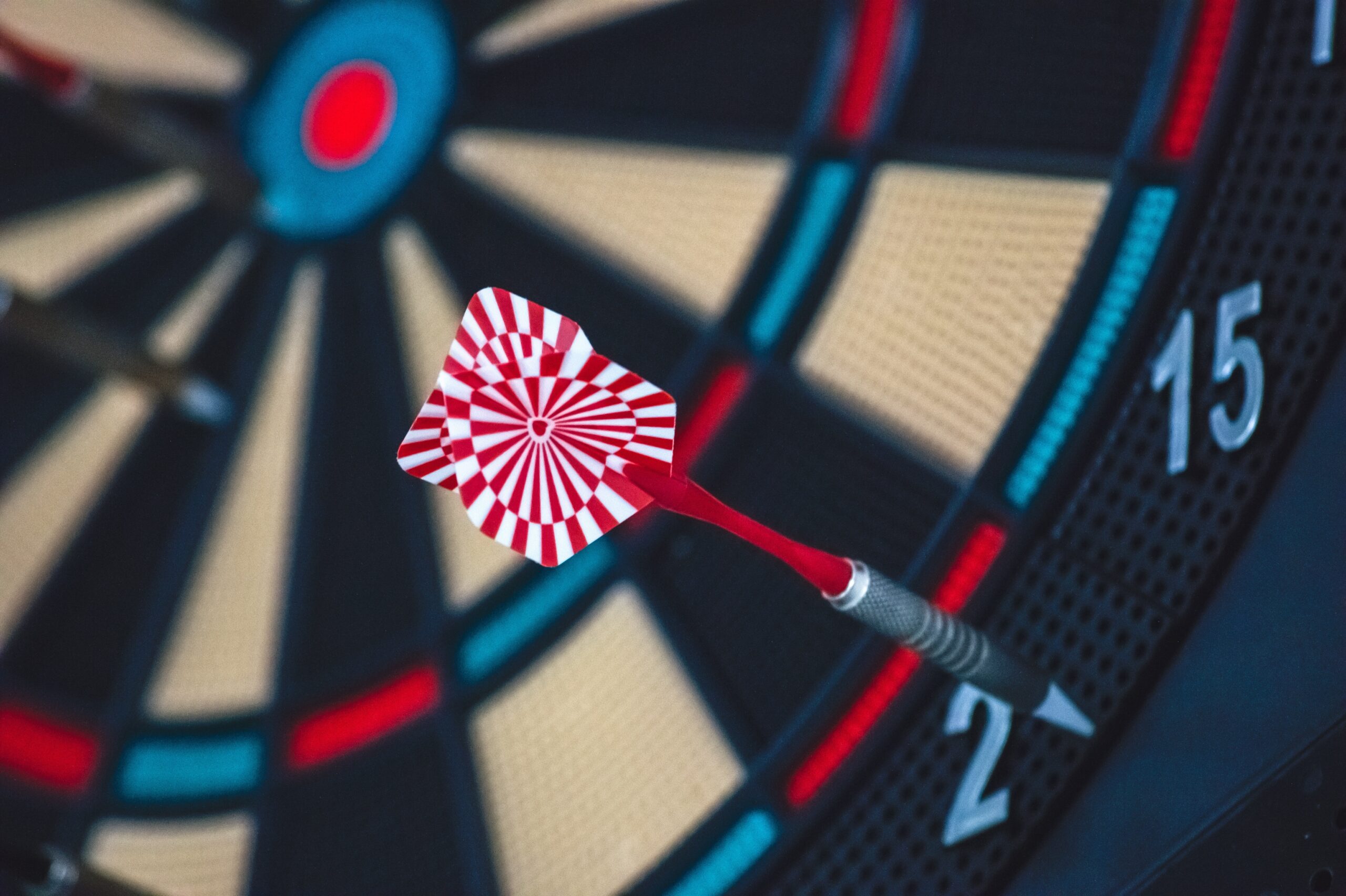Developing a comprehensive event marketing strategy involves a lot of components. You need to plan, execute, control, and take corrective actions during the process. Your team can use social media platforms, automated marketing tools, different tactics, and methods.
If you search the web (or at least our blog), you can find guidance on different aspects of event marketing, including step-by-step guides, practices, stats, and tips.
So, the question at this point is, where can you start to develop an effective event marketing strategy?
Setting Up Goals And Expectations for An Event Marketing Strategy
There’s no one-size-fits-all. So, it’s essential to adjust all marketing efforts to your specific company. It comes down to what you want to accomplish with your event marketing strategy. Here’s where goals and expectations come into play.

Your event marketing strategy’s goals are the starting point of your promotional campaign. Before you start putting your resources into use, it would be best to take a step back and look into the bigger picture.
At this point, you and your team should consider the following questions:
- Why are we hosting/sponsoring/working on this event?
- Who is our target audience?
- How will we get there?
- Do we have the needed resources?
- How will we track our progress?
By answering these questions, you will get a general idea of your event marketing strategy’s direction. For instance, you can instantly distinguish whether you will host a small dinner or gather your visitors in a conference hall. You will also analyze your potentials. Do you have the needed resources to host this event, or you instantly need a sponsor?
Keep in mind; you don’t need to get into details. At least not yet.
One thing to take out of this section is that different types of events produce different results. So, first things first, you need to determine what you wish to accomplish. Once you establish your expectations and goals, you can start developing a comprehensive event marketing strategy.
You might be a bit confused at this point. So, let’s review several examples to better understand the importance of goals in your event marketing strategy.
Common Goals of An Event Marketing Strategy
Here’s a list of the most common reasons why entities host or at least participate in events. You might have the same goals in mind.

- Increase Brand Awareness
Event marketing can get your name out there, especially if you provide visitors with a memorable experience. And it’s not all about attracting a new audience. A successful event marketing strategy can also improve your relationship with existing customers or strengthen your market position.
- Create Customer Loyalty
When a customer trusts your brand, he/she is less likely to switch to another competitive brand. Better yet, loyal customers are less price sensitive. By spending enough time with your customers, you are more likely to retain them as loyal clients in the long term.
- Boost Conversions Or Sales
Both online and in-person events can significantly improve conversions and sales. With event marketing, you provide customers with an opportunity to impose questions and get the needed answers. Thus, they are more likely to purchase. In turn, you will get enhanced financial performance indicators.
- Recruits And Partnerships
It’s not all about customers. With an effective event marketing strategy, you can also attract quality collaborators. For instance, an employee, partner, or even a sponsor may spot the potential you have to offer. In turn, they will be willing to join your team, providing you with the needed support.
- Community-Building
An event marketing strategy can bring all kinds of professionals, individuals, or interested parties to the same place. You can use this opportunity to promote a cause, product, service, or brand. Or at least build your network.
Now that you get the overall idea let’s see how you can set your event marketing campaign goals.
How to Set Up Goals for Your Event Marketing Strategy?
You can start by brainstorming with your team. You can set different kinds of expectations, short-term and longer-term goals. Still, in the end, your goals should satisfy the SMART criteria.
The SMART Criteria
SMART is an acronym that stands for:
- Specific
- Measurable
- Achievable
- Realistic
- Timely
In other words, each one of your goals should satisfy these criteria.

Specific
You should clearly define your goal and avoid any ambiguity. To be specific, you need to answer the related whos, whats, wheres, whens, and whys.
You cannot say, “I want to attract new visitors.” Instead, “I want to penetrate the existing market to increase my visitor’s number by 10% using social media marketing for the upcoming event” would be better.
Measurable
There’s no point in working towards a goal if you cannot measure your performance. At this point, you should identify the variables, set the measurements and indicators.
For instance, you can use build-in social media platforms’ tools to track the clickthrough rate (CTR). Referring to the same example, say you use paid ads to expand your existing market.
With the CTR, you can measure the effectiveness of each individual post. How much did your picture or video on Twitter contribute to increasing the visitors’ number (in percentages)?
Achievable
You must be able to attain the set goal. Sure, it needs to be challenging to motivate your team. However, unrealistic expectations are the main reason for demotivation. So, at this point, you need to consider:
- Has someone achieved this before?
- Do we have the needed resources to realize this goal?
Realistic
An event marketing strategy goal is realistic only when you have the needed motivation, time, and resources to achieve it.
For instance, you cannot expect your team to increase attendance by 50% if it’s out of reach. If the average pace in your industry is 10-20% per marketing campaign, a realistic goal will fall within this range.
Timely
Finally, you should set the start and finish date of each goal of the event marketing strategy. Time constraints create urgency, thus motivate your team to work harder upon realizing this goal. So, it would be best if you determined when you want to achieve this goal, set one or several deadlines.
For instance, you can say: “I want to increase ticket purchases by 3% two months before the event, an additional 2% a month before the event, and so on.”
Final Thought
Setting up goals in your event marketing strategy is essential. You can use them both in the planning stage and for comparisons in the controlling phase. However, goals need to satisfy the SMART criteria to be effective. After all, general expectations are not enough to lead your team or motivate them to improve short-and long-term company performance and success.



